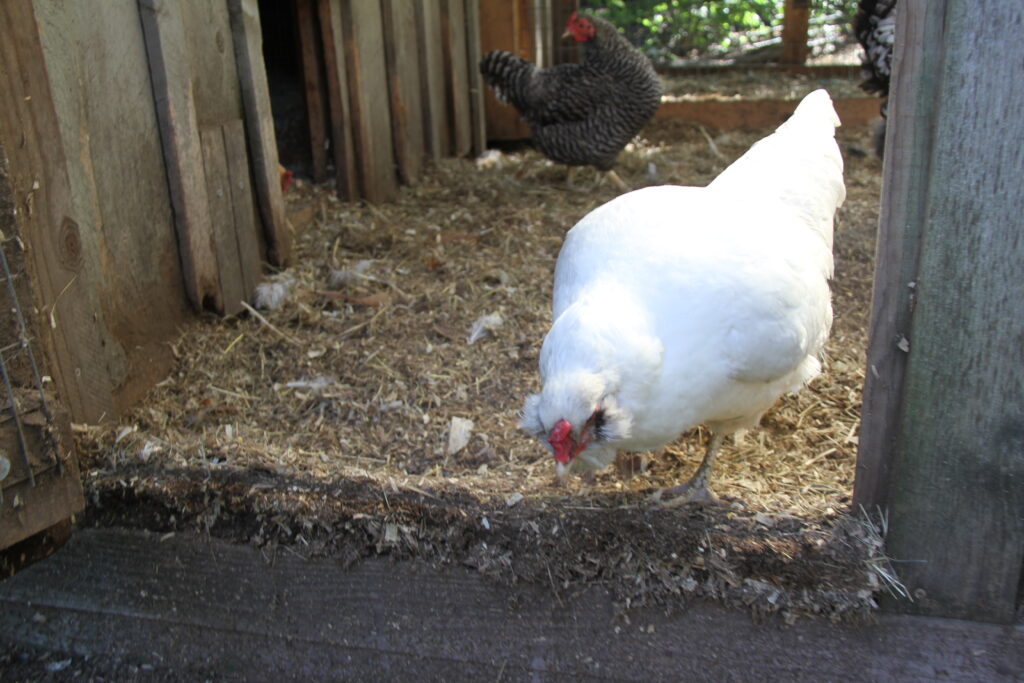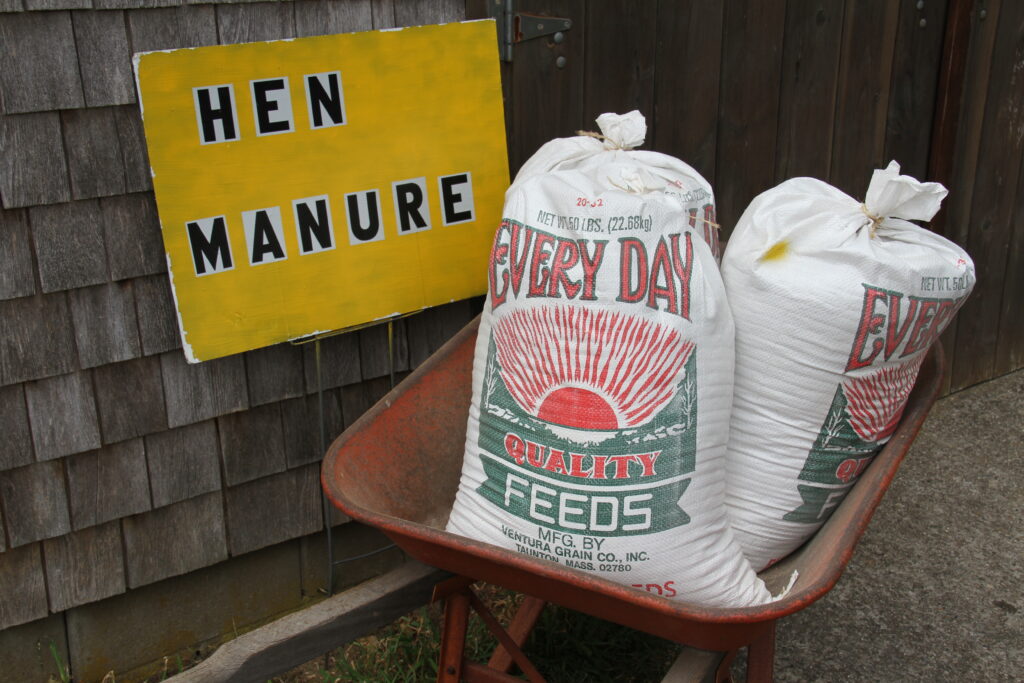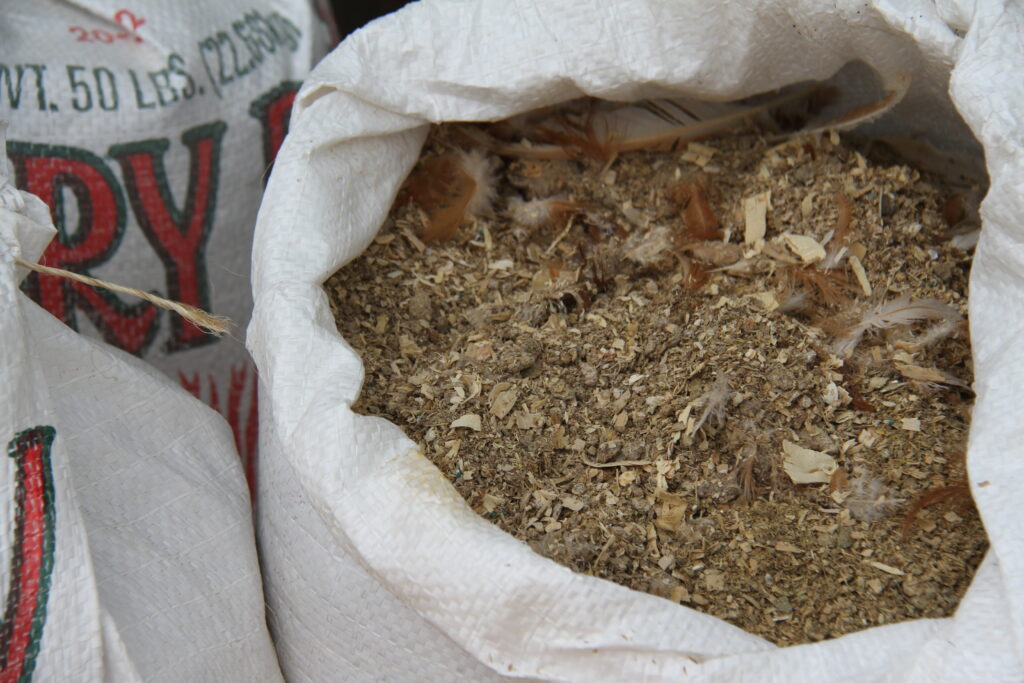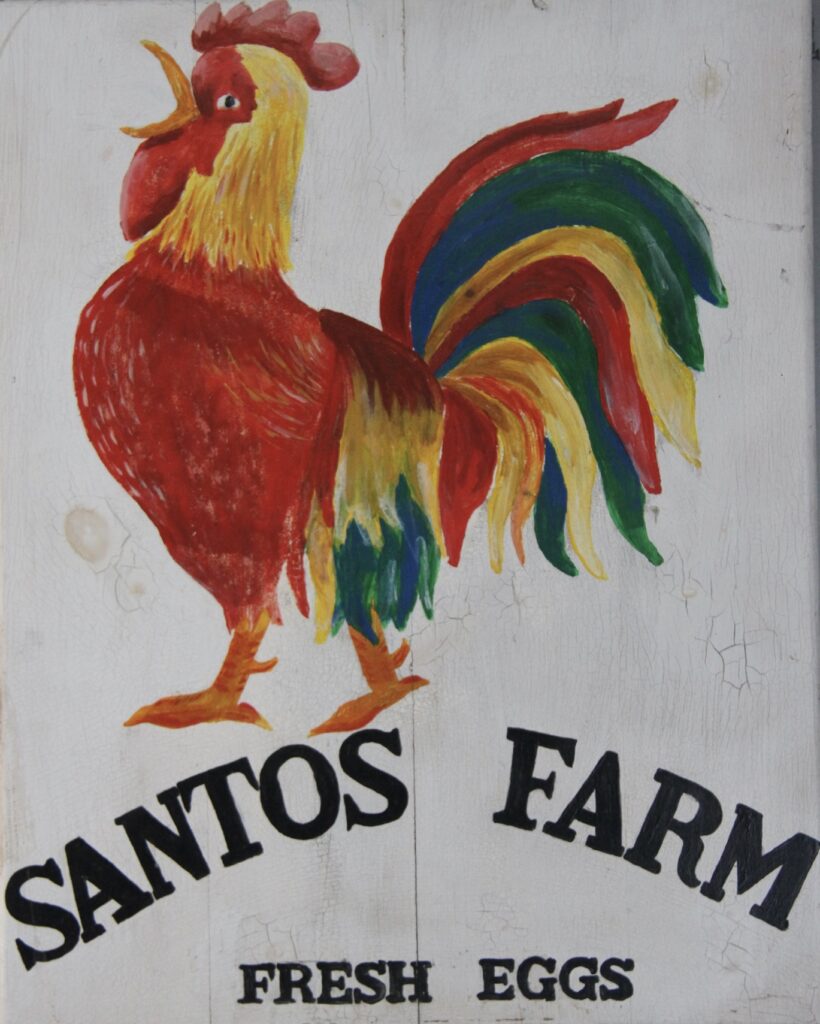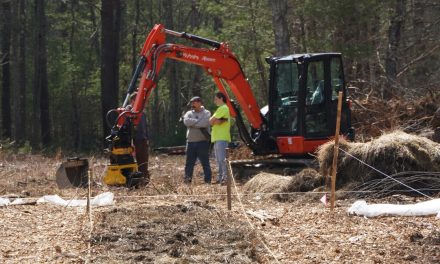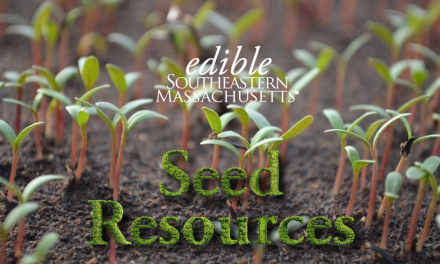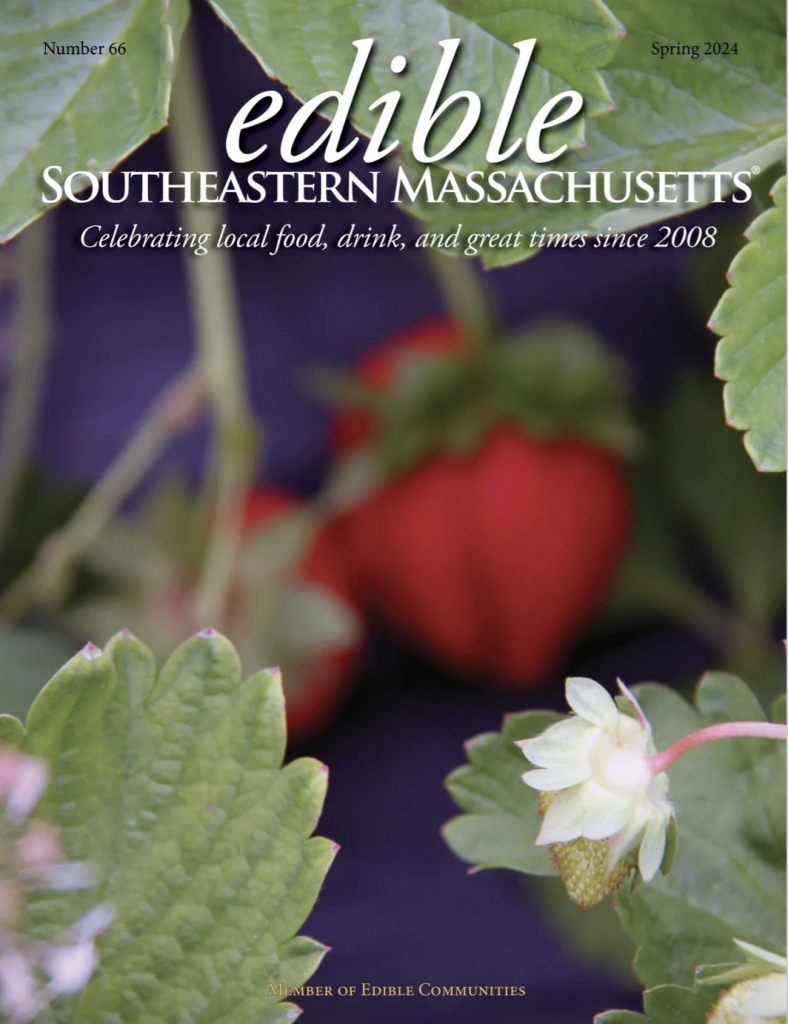by Rui Santos.
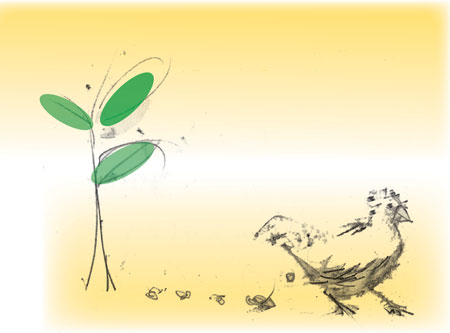 Few things in life are more satisfying than fresh garden vegetables, and the taste of fresh home-grown tomatoes can’t be beat. Cucumbers, radishes, tomatoes, and lettuce sprinkled with your favorite salad dressing—all of these garden delights taste so much better when grown in your own garden. The question is how to get these premium veggies to grow prolifically? The answer, of course, is fertilizer. But what kind is best? As a fertilizer, chicken manure is worth its weight in gold.
Few things in life are more satisfying than fresh garden vegetables, and the taste of fresh home-grown tomatoes can’t be beat. Cucumbers, radishes, tomatoes, and lettuce sprinkled with your favorite salad dressing—all of these garden delights taste so much better when grown in your own garden. The question is how to get these premium veggies to grow prolifically? The answer, of course, is fertilizer. But what kind is best? As a fertilizer, chicken manure is worth its weight in gold.
Properly used, chicken manure can work magic in your garden while improving the quality of the soil. Chicken manure boosts soil health by improving its ability to hold water. Its high concentration of nitrogen, potassium, and phosphorus adds nutrients essential to garden crops. Since the vast majority of chickens are raised indoors and fed milled grain, they are not feeding on weeds in a field, so their manure also lacks the weed seeds found in cow and horse manure. For all these reasons, I believe chicken manure is the best organic fertilizer, better than any other animal manure. With proper use, your vegetables will be bigger and healthier when the nutrients in the soil are enhanced with chicken manure.
Caution is necessary when using chicken manure until it has been aged for at least 11 to 12 months. Raw chicken manure contains pathogens (agents causing bacterial or viral diseases), so to ensure safe crops you should avoid using raw manure. You also cannot fertilize your garden with raw chicken manure in the spring and plant crops in it—nothing will grow, as everything you plant will be burned by the high concentration of nitrogen.
There are three different ways to use chicken manure for your gardening:
1- Bury the manure into beds, then place other gardening materials on top of it;
2- add chicken manure to your compost pile; and
3- directly till it into your garden soil.
To follow, I’ll explain the processes of each.
1- Chicken manure fermented underground results in astoundingly productive crops. To ferment manure underground and give the fermentation process a good head start, dig a hole 18 inches deep, stuff the bottom six to eight inches with chicken manure, soak it with water, and pack it down firmly. Over that soaked manure you hard-pack four or five inches of organic greenery, again making sure to pack it down vigorously. Next, place six inches of loam topsoil on top of the greens, into which you plant your seeds or starter plants. By the time the roots of your vegetables reach the fermented manure the feeding begins, and the plants will flourish. This has been my experience over the past 30 years
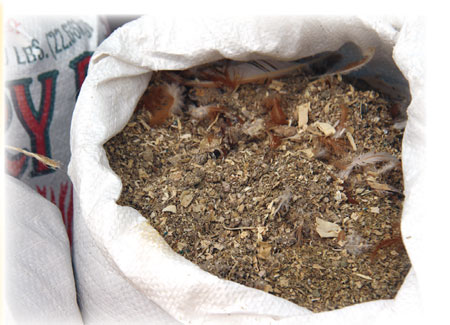
2- Composted chicken manure also works as a fertilizer. You take raw chicken manure and dump it into the compost bin with other yard greenery. You then thoroughly soak it several times and turn it over every few weeks for six to nine months. Then spread on your garden. There can be a strong odor from the bin, so don’t place the compost bin close to your house!
3- Ideally, the best time to manure your garden is in the fall. Here raw chicken manure is the perfect fertilizer. There is nothing better suited for garden development than this ingredient. The manure needs to be worked into the soil. Rototilling is the best method in my estimation, but a shovel, although more labor-intensive, works just as well. Just leaving the raw manure on top of the garden soil throughout the winter months is not a good idea if you want to get the most value from this fertilizer. Exposure to winter weather will result in the loss of at least 40% of the nutrients through evaporation.
Chicken Manure Sources

If you have chickens you can bag the manure and store it in a dry location for 11 to 12 months. The alternative is to purchase the chicken manure from a farm. (Yes, I did say “purchase.” Manure is a cash crop for local chicken farmers.) Some farmers may even have dry-aged chicken manure available for sale. However, you can expect to pay more for aged chicken manure, since the farmer has had to store it for 11 to 12 months, and dry storage of any type is not cheap. You can also purchase fresh chicken manure year-round at the farm and store it in yourself. Caution; raw chicken manure is very pungent, especially if it gets wet.
Regardless of how you attain your chicken manure, it is garden gold. Your garden will flourish, your vegetables will be bigger, and your compost pile will reap the benefits of this organic matter. When it comes to the best all-around fertilizer chicken manure is the gold standard.
Santos Family Farm
68 Pembroke Street
Kingston, MA 02364
- Santos Farm


